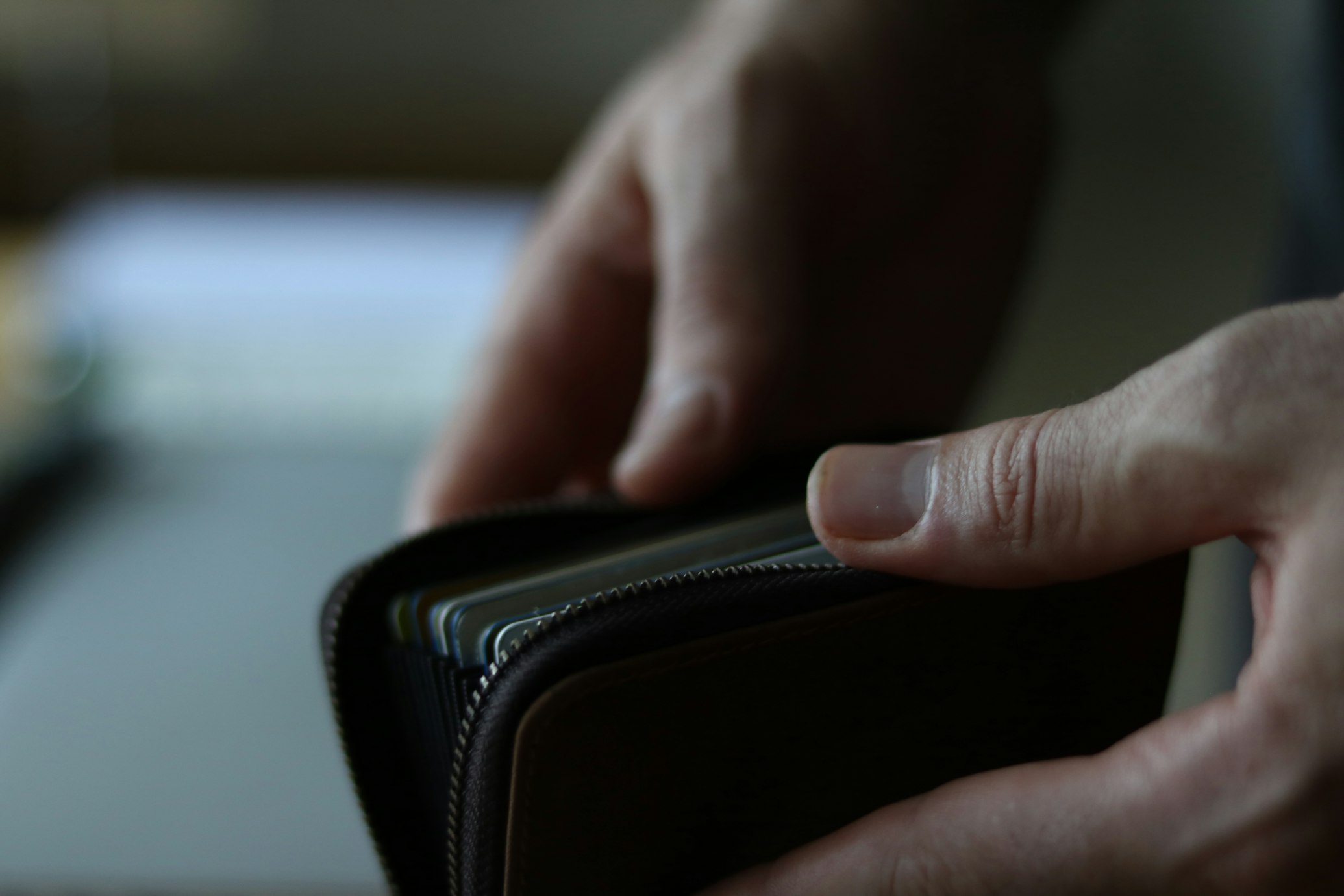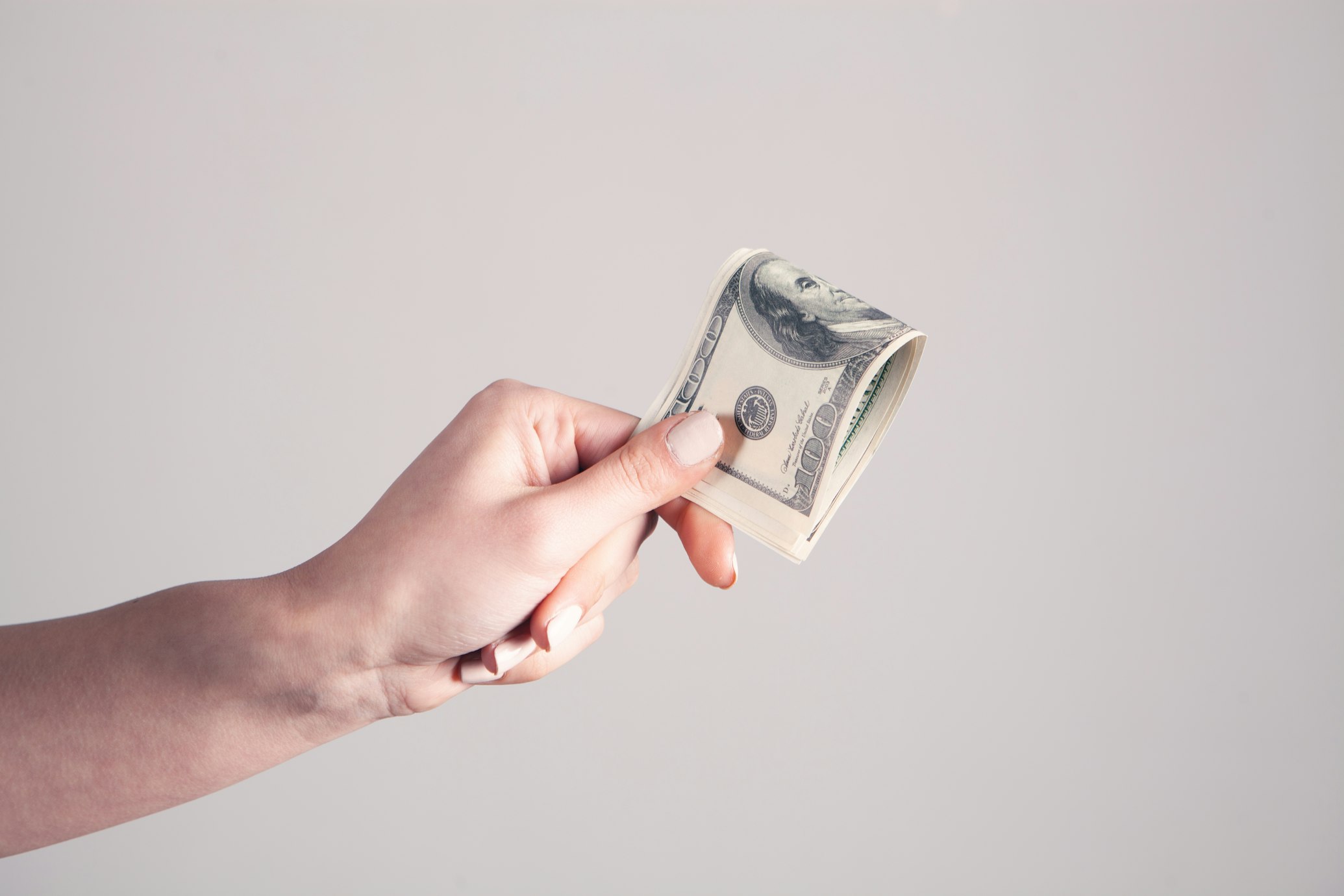CAC 40 Historical Performance Tool: What If You Had Invested In France?
Explore the hypothetical returns of investing in France's CAC 40 with our Historical Performance Tool. Unlock investment insights today!
Related Calculators: S&P 500 Time Machine, Hang Seng (Chinese Market) Time Machine, Nikkei (Japanese Market) Time Machine, Gold Time Machine, Silver Time Machine, Copper Time Machine
LSI = Lump Sum Inveesting, DCA = Dollar Cost Averaging, Unlucky = Highest price of the year, Lucky = Lowest price of the year.
This calculator uses the opening price for the year, the average closing price, the highest price or the lowest price.
CAC 40 Index Historical Data Table
Should you invest in France?
Investment in France presents unique considerations compared to other countries, such as the United States, largely due to French policies on job security, retirement, and social security. If you're not familiar with these policies, it's highly recommended that you gain some understanding before contemplating investments in France. This knowledge will greatly assist you in comprehending how French individuals approach investments.
First and foremost, in France, people don't invest solely for financial security. Unlike the United States, you won't find yourself in a situation where losing your job means losing everything. The French social safety net offers various benefits in case of unemployment or neediness. For instance, if you're laid off, you can receive unemployment benefits called "Chomage" for up to two years. Additionally, if you remain unemployed and in need, you can access a solidarity pension known as the "RSA."
When it comes to retirement, French citizens automatically receive a pension based on their work history and income. There is a minimum threshold to prevent elderly individuals from falling into poverty. Furthermore, in cases of emergency medical care, the French social security system does not charge individuals any fees.
To summarize, the investment landscape in France doesn't necessitate the same level of security-focused investments as seen in the US. Consequently, there are no plans equivalent to the 401(k) or IRA. However, there are common investment options available, including the Livret A (and Livret Jeune), which is a savings account that offers minimal returns but enjoys tax exemptions. Another option is the PEL (Plan d'Epargne Logement), which helps individuals save for housing investments. Additionally, the PEA (Plan d'Epargne Actions) allows for stock investments, an avenue that many French investors explore.
These three investment options can be found in any bank in France. Opening a PEA with an online bank such as Boursorama, ING Direct, or Fortuneo can be a good starting point for those interested in stock investments.
As with any country, banks in France may promote their own products, stock packages, or special plans. However, it is advised to exercise caution with these offerings. Often, there are fine-print details in the contracts that may go unnoticed, and these plans may yield a meager return before factoring in taxes and fees. Risky plans with such limited potential return may not be worth considering.
There is much more to learn about investing in France, and various other investment avenues exist. However, it's important to note that this is not an exhaustive list, and seeking advice from experts is advisable. Hopefully, this information has provided some helpful insights into investing in France. Good luck on your investment journey!
- Struggling to Save? Try These 10 Money-Saving Hacks
- 13 Best Financial and Investment Calculators
- Mastering the Art of Frugal Living: A Comprehensive Guide to Smart Shopping
- A Comprehensive Collection of Investing and Financial Books
- The Ultimate List of Investing Podcasts
- Strategic Investing: Why You Should Look Beyond the Stock Market Celebrities
- The Harsh Truth About Dividend Investing
- Where to Buy Domains: Finding the Best Deals
 The AI Gold Rush: Navigating the Thin Line Between Innovation and Overvaluation in Business
The AI Gold Rush: Navigating the Thin Line Between Innovation and Overvaluation in Business- Sweet Dreams: 7 Smart Sleep Investments for a Restful Night.









